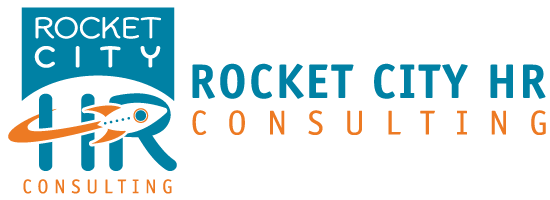In the realm of human resources, the Performance Improvement Plan (PIP) stands as a structured approach to address and rectify employee performance issues. While it is a widely utilized tool in many organizations, its effectiveness and ethical implications have been subjects of debate. Is giving an employee the option of taking a severance and voluntarily resigning rather than going on a PIP a better alternative? Performance Improvement Plans can be a valuable tool for addressing performance issues in the workplace, providing structure, clarity, and opportunities for improvement. However, they also come with potential drawbacks, including stress, stigma, and legal risks. Employers should approach the implementation of PIPs with caution, ensuring fairness, transparency, and genuine support for employee development. Ultimately, the success of a PIP depends on the willingness of both parties to collaborate and work towards a common goal of improvement.
Offering an employee a severance package in place of a Performance Improvement Plan (PIP) is a strategic decision that some employers may consider in certain circumstances. Offering severance instead of a PIP can lead to a quicker resolution of performance issues. It allows both parties to part ways amicably without investing time and resources into a formal improvement plan. By offering severance upfront, employers can avoid subjecting the employee to the stress and anxiety of being placed on a PIP. This can help maintain morale among the remaining employees and prevent any negative impacts on team dynamics. Opting for severance over a PIP can preserve the relationship between the employer and the employee. It avoids the potential strain and resentment that may arise from the formalization of a performance improvement process. Offering severance instead of a PIP can mitigate potential legal risks associated with termination. It can also eliminate the need for extensive documentation and ensures a clean break without the possibility of the employee contesting the termination process.
On the other hand, providing severance upfront can be more expensive for employers compared to investing in a PIP. It involves paying a lump sum or providing benefits to the employee without the guarantee of improved performance or productivity. By bypassing the PIP process, employers forego the opportunity for the employee to improve their performance. In some cases, employees may respond positively to constructive feedback and support, leading to a successful turnaround.
Furthermore, offering severance instead of a PIP may inadvertently send a message that poor performance is acceptable or that the organization lacks commitment to employee development. This could impact overall performance standards and expectations within the company. Depending on the circumstances, opting for severance over a PIP could negatively reflect on the employer’s reputation. It may raise questions about the organization’s commitment to employee growth and fairness in the workplace.
In summary, offering an employee severance in lieu of a Performance Improvement Plan can be a viable option under certain conditions. However, employers should carefully weigh the pros and cons, considering factors such as cost, legal risks, employee morale, and long-term implications for the organization’s culture and reputation. Communication and transparency are key to ensuring that employees understand the rationale behind the decision and feel respected throughout the process.
By Casey Fritz, SHRM-SCP






